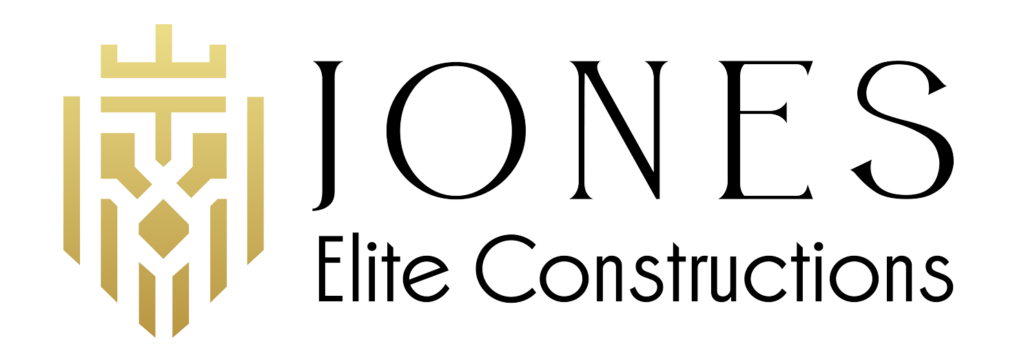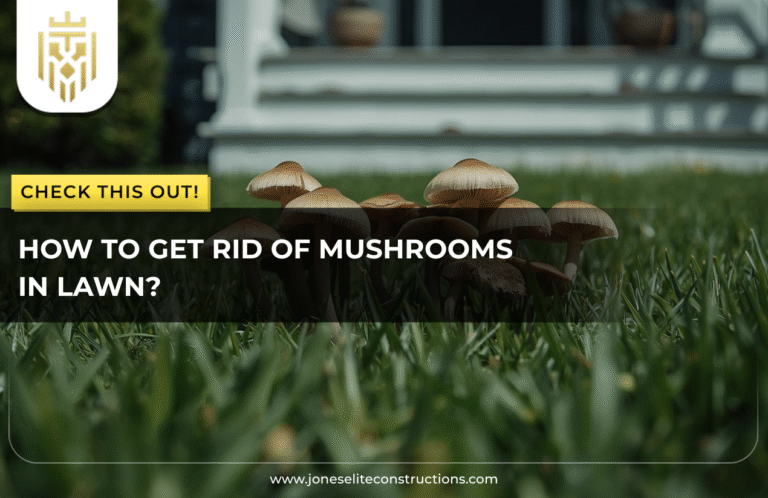What is a Mortise Lock?
Understanding what a mortise lock is is to know that it is a locking system fitted in a pocket etched in the door. The mortise lock is appreciated due to its durability, protection, and beauty, and this quality has led to its popularity in residential, business, and institutional uses.
Benefits of Using Mortise Locks
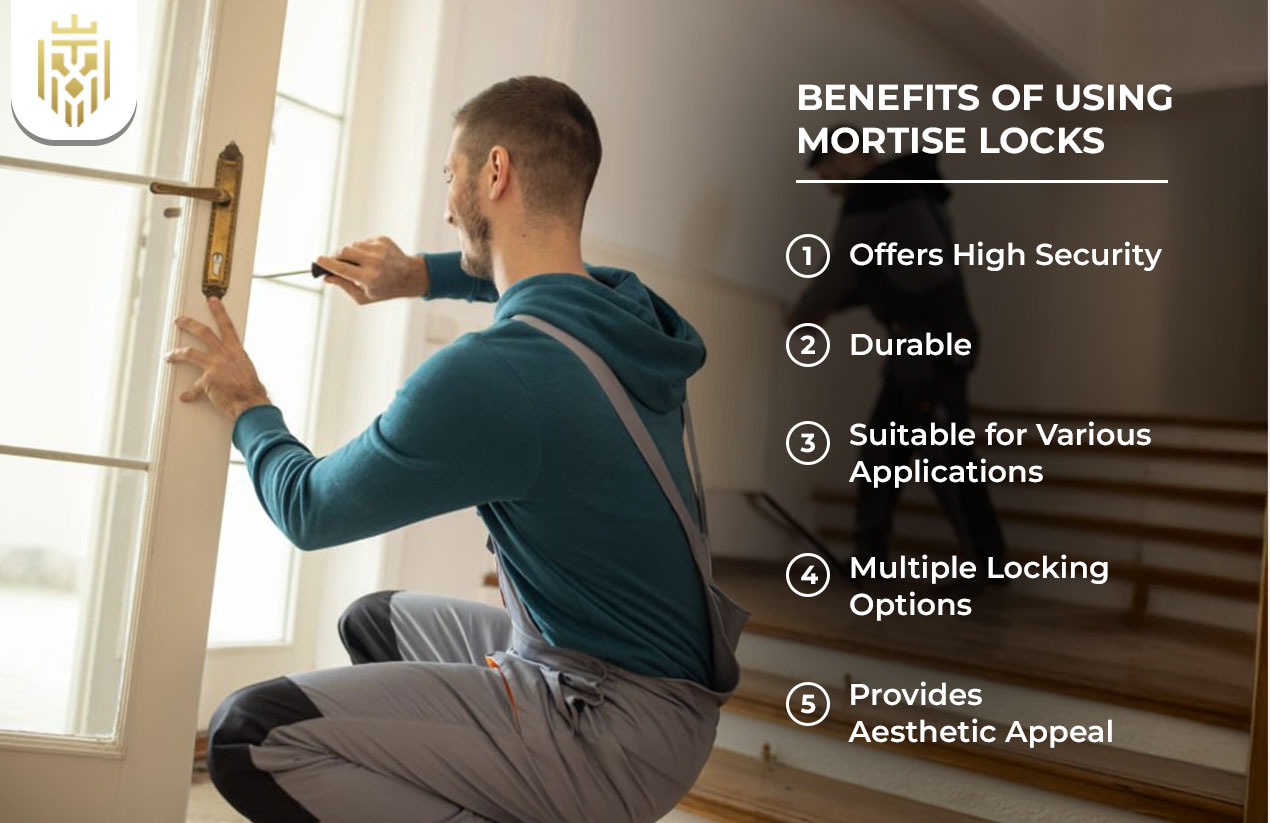
Mortise locks provide increased security, durable performance, and flexibility of design. They are widely available due to their adjustability to different types of doors. They can also learn about their broad compatibility with various environments and choices of locking.
Offers High Security
A lock mortise system offers deep-set installation, which is challenging in forced entry. This level of high security, coupled with its powerful internal mechanisms, makes mortise locks a viable choice to protect residential homes, work offices, and other structures of high value by providing reliable protection.
Durable
Mortise locks are strong on the inside structure and counter wear and tear. Their durable parts result in an extended life that even covers high-traffic zones and gives business owners and homeowners peace of mind.
Suitable for Various Applications
Mortise locks are applicable in various environments such as residential premises, hotels, and offices. They can be adapted to fit in both modern and traditional interiors, making them the solution of choice for property owners and architects who want a functional but also attractive set of security systems.
Multiple Locking Options
Mortise locks are adaptable to different types of latch and bolt mechanisms. They come in single deadbolts to elaborate styles, which enable property owners to select appropriate styles of locks that suit their individual needs.
Provides Aesthetic Appeal
Mortise locks are naturally integrated with the design of the doors, improving security and appearance. It is perfect in its concealed installation and therefore provides a clean look as well as durability, which will suit people who pay importance to elegance but do not want to forgo safety.
Types of Mortise Locks
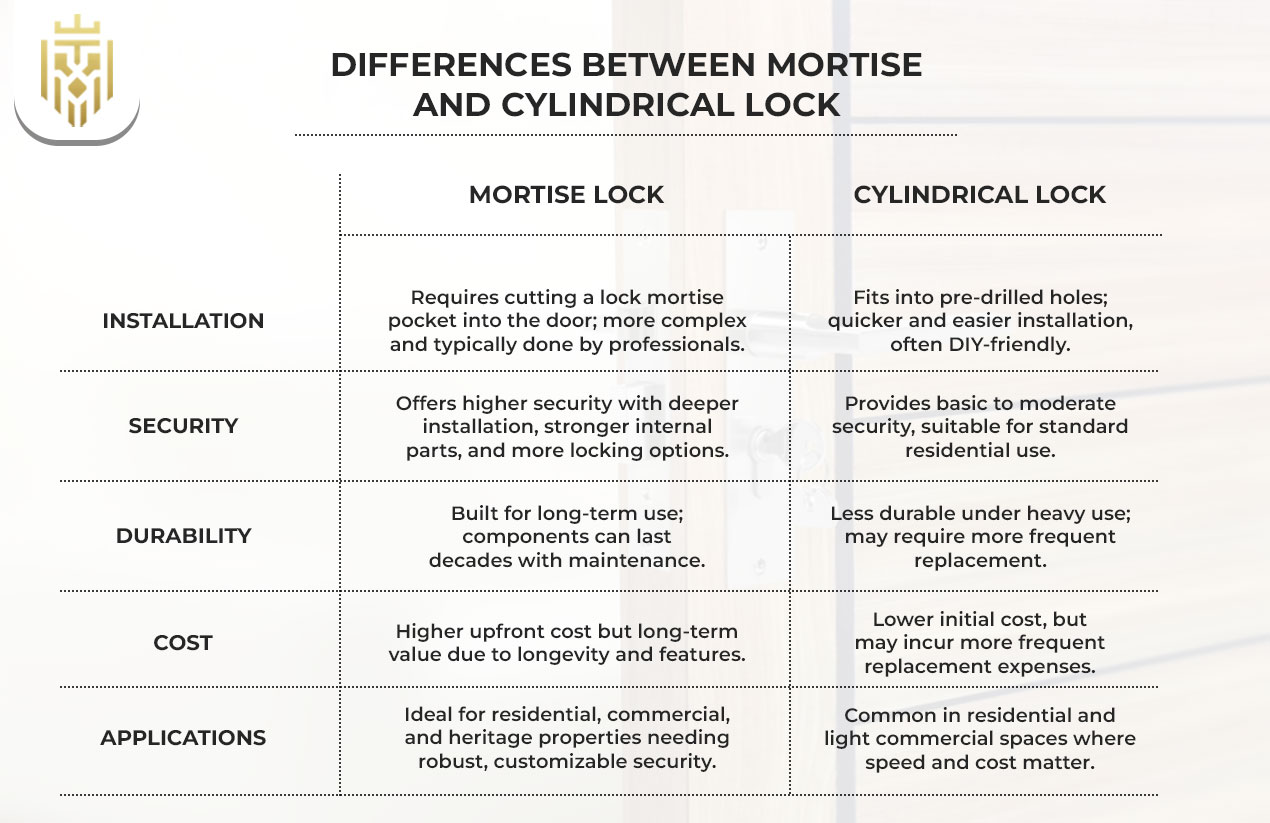
There are different types of mortise locks based on the requirements. When they select the appropriate style, property owners will be able to align security needs, door aesthetics, and user convenience to their greatest effect.
Deadbolt Mortise Lock
The deadbolt mortise lock applies a solid bolt, which reaches deeper into the door frame and provides maximum protection. It is best suited to exterior doors that need to offer high-level protection against forced attempts.
Cylinder Mortise Lock
Cylinder mortise locks are readily rekeyable because the key cylinders are replaceable. They provide adjustable security measures to homes and businesses, and they are also available in different types that can fit any preference of architects.
Smart Mortise Lock
A smart mortise lock combines traditional mortise construction with electronic keyless entry. It supports keycards, PINs, and mobile access and brings convenient and physical security to both modern workplaces and homes.
Privacy Mortise Lock
A privacy mortise lock is mostly used in a bathroom or bedroom and has a simple thumb turn or button lock. It provides security of personal space without the use of complex keys or locking systems.
Passage Mortise Lock
A passage mortise lock is lock-free and is therefore suitable for inside doors that require free passage. It ensures unified aesthetics in each door within a property with strictly functional purposes.
Parts of a Mortise Lock
Mortise lock components are composed of the lock body, latch bolt, deadbolt, faceplate, strike plate, and key cylinder. These parts act in harmony to deliver stability, safety, and a stable working experience in different door installations.
How Does a Mortise Lock Work?
A lock mortise operates by withdrawing or pushing the latch and bolt inside the door structure through a key or handle system. This construction promises more durability and tamper resistance than common locks.
In Which Places Are Mortise Locks Installed?
Mortise locks are installed in residential homes, businesses, hotels, and public services. They have stout construction and handsome styles that make them applicable in high-security areas, as well as functionality as decorations in various settings.
Differences Between Mortise and Cylindrical Locks

Mortise models are much more secure and durable than cylindrical lock designs. They are customizable by having other locking systems and varying handle types, whereas cylindrical locks can be installed more simply and with less work.
Installation
The initial stage of installing a mortise lock will involve drilling a hole into the door, which will be more complicated than the insertion of a cylindrical lock. This procedure has an improved level of integration but requires using professional tools and skills to align properly.
Security
Compared to cylindrical locks, mortise locks are almost always more secure. They have a deeper-set design, robust components, and a locking system that can be custom-configured, making them more resistant to tampering or breaking open compared to cylindrical ones.
Durability
With proper maintenance, a mortise lock is expected to last decades. Its durable design is better than most cylinder locks, particularly in areas where there may frequently be heavy usage and require robust interior components as well as high-quality materials.
Cost
Even though mortise locks tend to be quite costly compared to cylinder locks, they offer superior value over time as a result of high durability, state-of-the-art features, and appearance, making them a good investment in securing a property.
Applications
Mortise locks perform well both in home and in commercial usage. Whether with heritage buildings or modern offices, they offer versatile security, where exquisite craftsmanship meets convenience.
FAQs
1) What is a mortise lock?
A mortise lock is a type of lock that provides strength, durability, and aestheticism since it is installed in a cut pocket in the front of the door, and it is used industrially in residential homes, businesses, and institutions.
2) What are the benefits of using mortise locks?
Mortise locks are more secure, durable and versatile. They accommodate several locking types, match aesthetically with both indoor and outdoor settings, and are applicable in varying uses, including interior and exterior decision-making.
3) What is the difference between a mortise lock and a cylindrical lock?
Mortise locks are much stronger, customisable and durable, but installation is more complex. Cylindrical locks are less expensive, easy to install, easier to pick, less durable and generally less secure.
4) What are the different types of mortise locks?
They can be of the type of deadbolt mortise, cylinder mortise, smart mortise, privacy mortise, and passage mortise locks, which are suited to various uses and different degrees of security.
5) What are the main parts of a mortise lock?
The key elements of a mortise lock are the lock body, latch bolt, deadbolt, strike plate, faceplate, and key cylinder, which operate together effectively to provide secure and smooth locking mechanisms.
